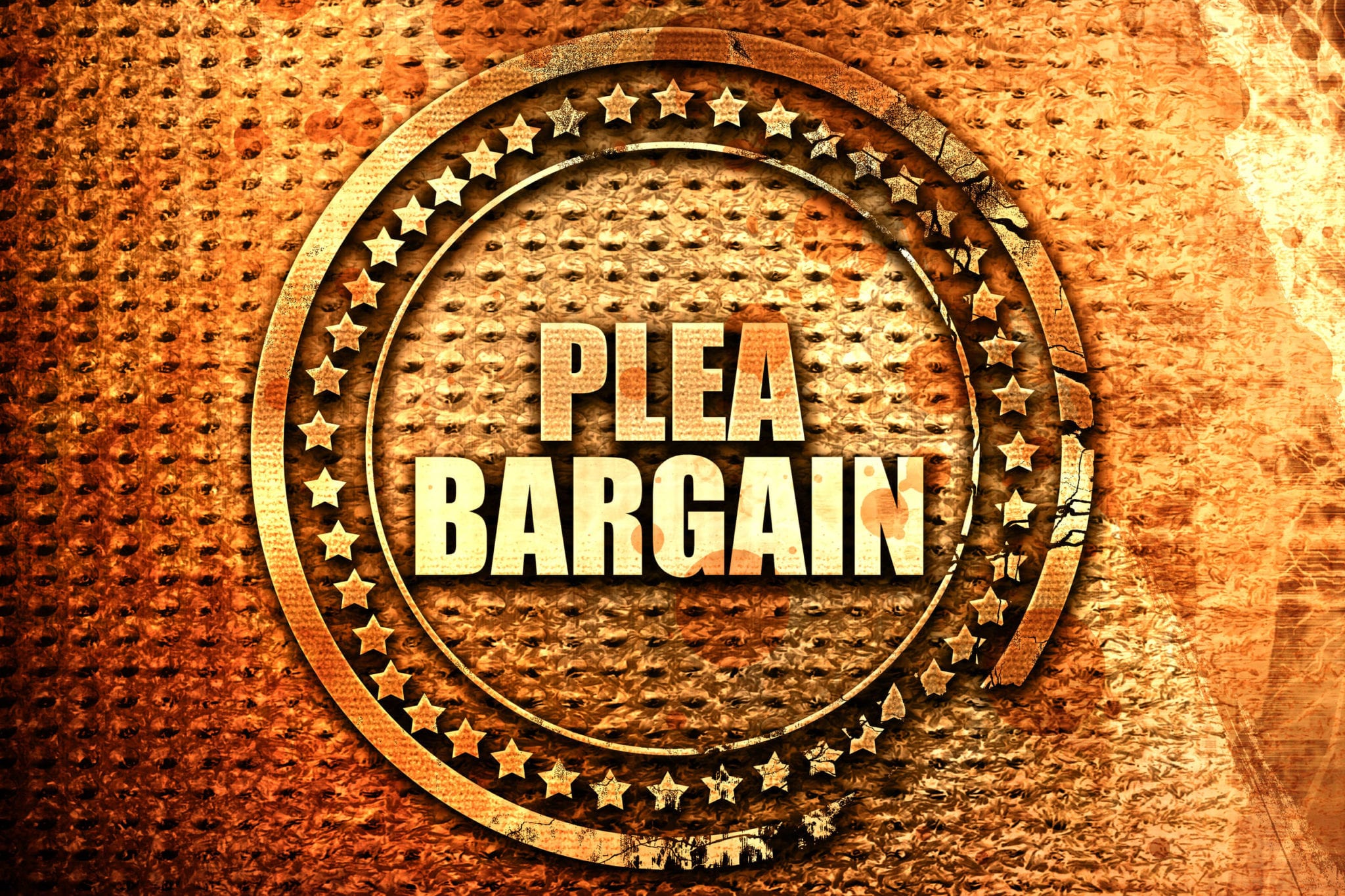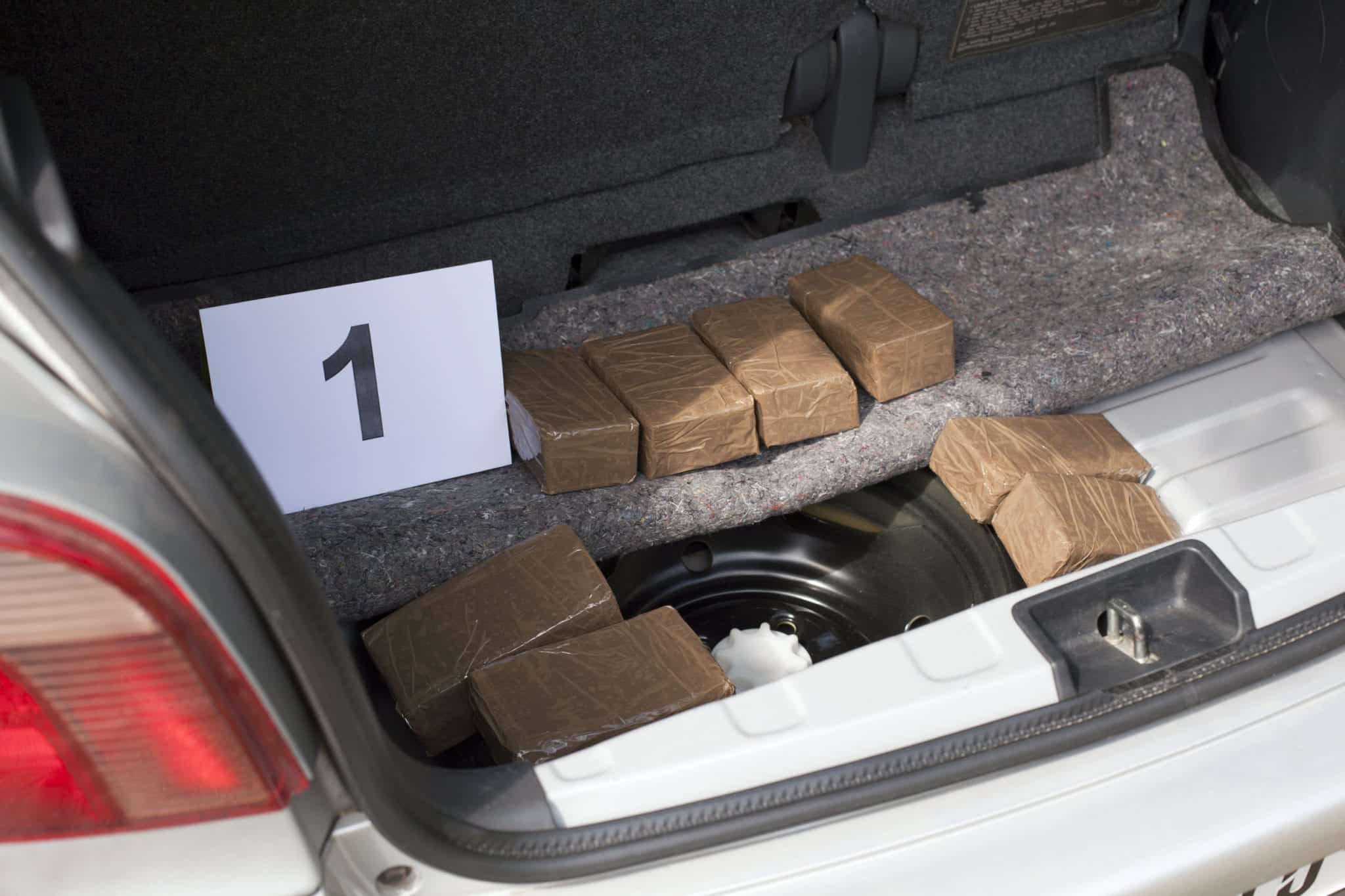
The U.S. Constitution guarantees the right to a fair and impartial trial to anyone charged with either a federal or state criminal offense, regardless of the nature of that offense.
U.S. Supreme Court Justice Anthony Kennedy observed several years ago that if there is no trial, there can be no fair trial.
Justice Kennedy’s observation strikes a sharp cord in the nation’s criminal justice system. 97 percent of federal drug crimes result in guilty pleas obtained through a plea agreement while a lesser 94 percent of state criminal offenses are resolved via a plea deal.
We observed in a post just last year that criminal trials in the American justice system are a “vanishing species.”
How Plea Bargains Became So Prevalent
Prosecutors can offer plea bargains to a defendant facing multiple criminal charges. If the defendant pleads guilty, he or she will generally receive a reduced sentence in exchange for their plea; that is, if the judge accepts the plea deal reached between the prosecution and the defendant. The judge must sign off on any deal reached between government and the defendant.
The popularity of plea bargains in the United States has typically been a response to rising crime rates. They first gained popularity after the Civil War when crime rose considerably throughout the country.
At the time, plea bargaining appeared to be a win-win for defendants and the court system: courts were spared the resources necessary to conduct a criminal trial while the defendant benefitted from reduced charges and more lenient sentencing. Although lacking in constitutional approval, plea bargaining became an accepted, though unspoken practice in the nation’s justice system.
The practice became even more pervasive following World War II with nearly 80 percent of all criminal cases being decided through a plea bargain.
Finally, in 1970, the U.S. Supreme Court could no longer turn a blind eye to the practice of plea bargaining. The high court gave constitutional blessing to the practice of plea bargaining that year in Brady v. United States.
Although constitutionally legitimized, legal scholars and practitioners routinely referred to the practice as everything from a perversion of justice to a devil’s pact. We examined this criticism in 2011, pointing out that plea bargaining is not the way the Founding Fathers intended for our justice system to work.
Many justice experts now lay the blame for the entrenched position of plea bargaining at the doorstep of harsh mandatory minimum sentences for drug crimes, violent crimes, child pornography crimes, and more. Someone accused of trafficking, even minor amounts of drugs, could face decades in prison because of mandatory minimums.
The result?
The power of federal prosecutors has reached a point where they now control the trial and sentencing scheme in the federal judiciary.
This is why more and more defendants are being coerced into plea bargains, many of whom are innocent but who do not trust the trial system with their fate.
Is this a good way to achieve justice?
Plea Bargains Today

For example, you are charged with trafficking $350 worth of drugs. Due to mandatory minimums for drug offenses, you are told that you could face 100 years in prison for your crimes. Then comes the prosecutor’s “deal” – a 17-year sentence in exchange for a guilty plea.
Now, 17 years in prison probably seems like far too harsh of a punishment for only $350 worth of marijuana. Because of this, you might decide to roll the dice and take your case to trial.
Think hard before you let the dice roll. In some situations, going to trial is appropriate. In others, it can make things markedly worse. That’s exactly what happened to Weldon Angelos.
In 2004, Angelos decided to roll the dice with a jury trial. Prosecutors retaliated by pressing additional charges against him and convincing a jury to find him guilty with the testimony of informants. He ended up with a 55-year prison term.
In his case, a plea bargain may have been the best deal – a horrible deal, but still the best one under his set of facts. What we really need to do is fix the system itself.
A Broken System Stacks the Deck against You
Let’s be clear: a high rate of guilty pleas does not exactly reflect higher rates of drug criminals. Of 2,006 exonerations that have been recorded since 1989, almost 20% were given to defendants who had taken a plea bargain. For many, plea bargains aren’t an admission of guilt – they are just a way to navigate a system that is severely threatening to people who have been charged with drug crimes.
John Rappaport, a law professor at the University of Chicago, offers an argument for trials over plea bargains. “Trials are an important window into how the system is functioning—they’re a form of audit…They shine light on investigatory and prosecutorial behavior and air them publicly.”
Of course, that’s easy to say when you’re not the one facing decades behind bars… or perhaps just a single decade.
What Do You Do If You Are Offered a Plea Bargain for Drug Crimes?

Here’s the bottom line: the sentences offered in a plea bargain may sound like relief compared to mandatory minimum sentences, but every case is different. Defendants who are approached with a plea bargain should think very carefully before taking one.
If you are charged with drug crimes and want to maintain your innocence, you will have to face powerful prosecutors in the federal court system and severe mandatory minimums, but it is possible to have your charges dropped and walk free. Working with a knowledgeable and experienced federal drug crimes attorney with a track record of success gives you the best chance at getting the most positive outcome no matter which route you choose.



